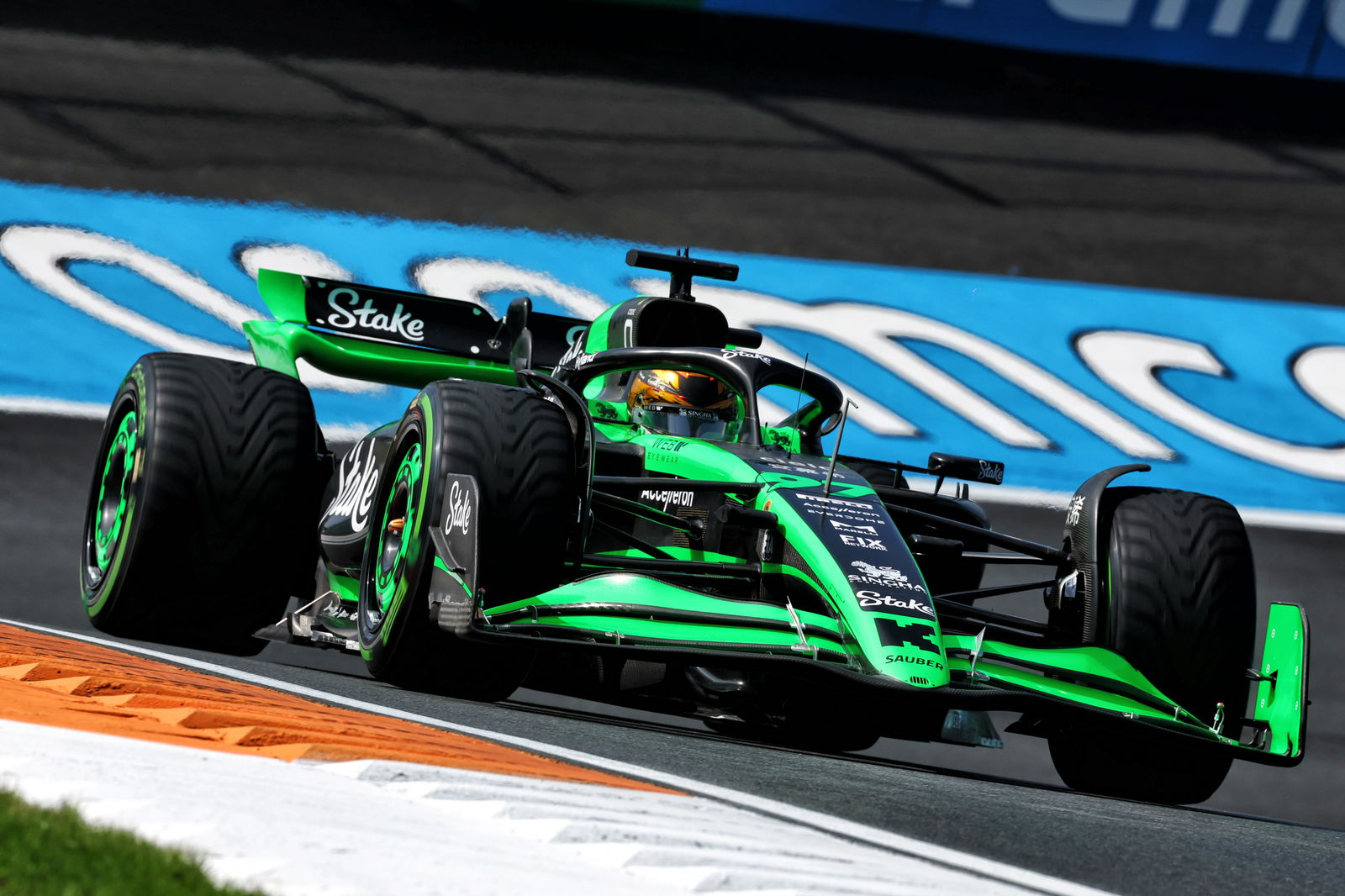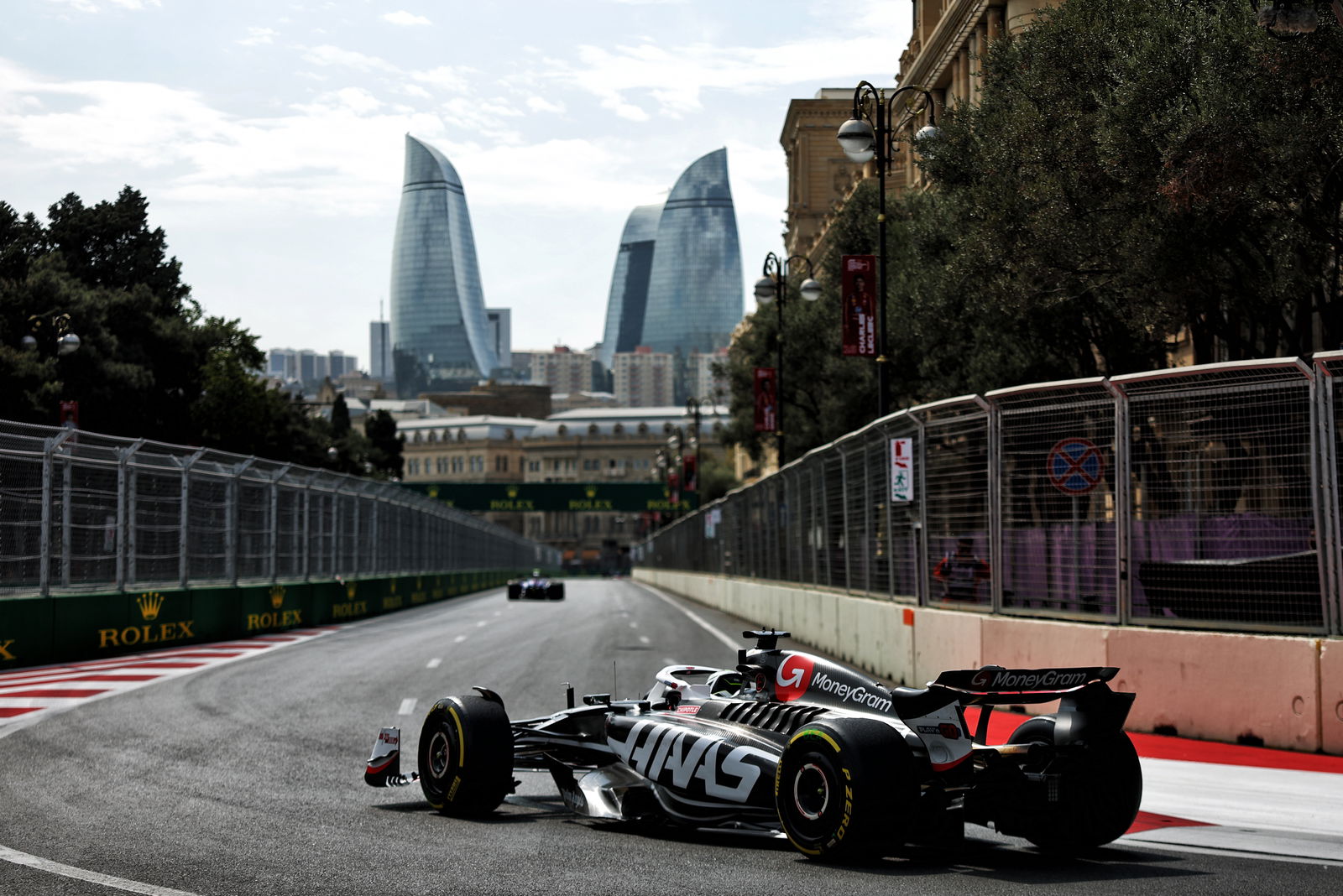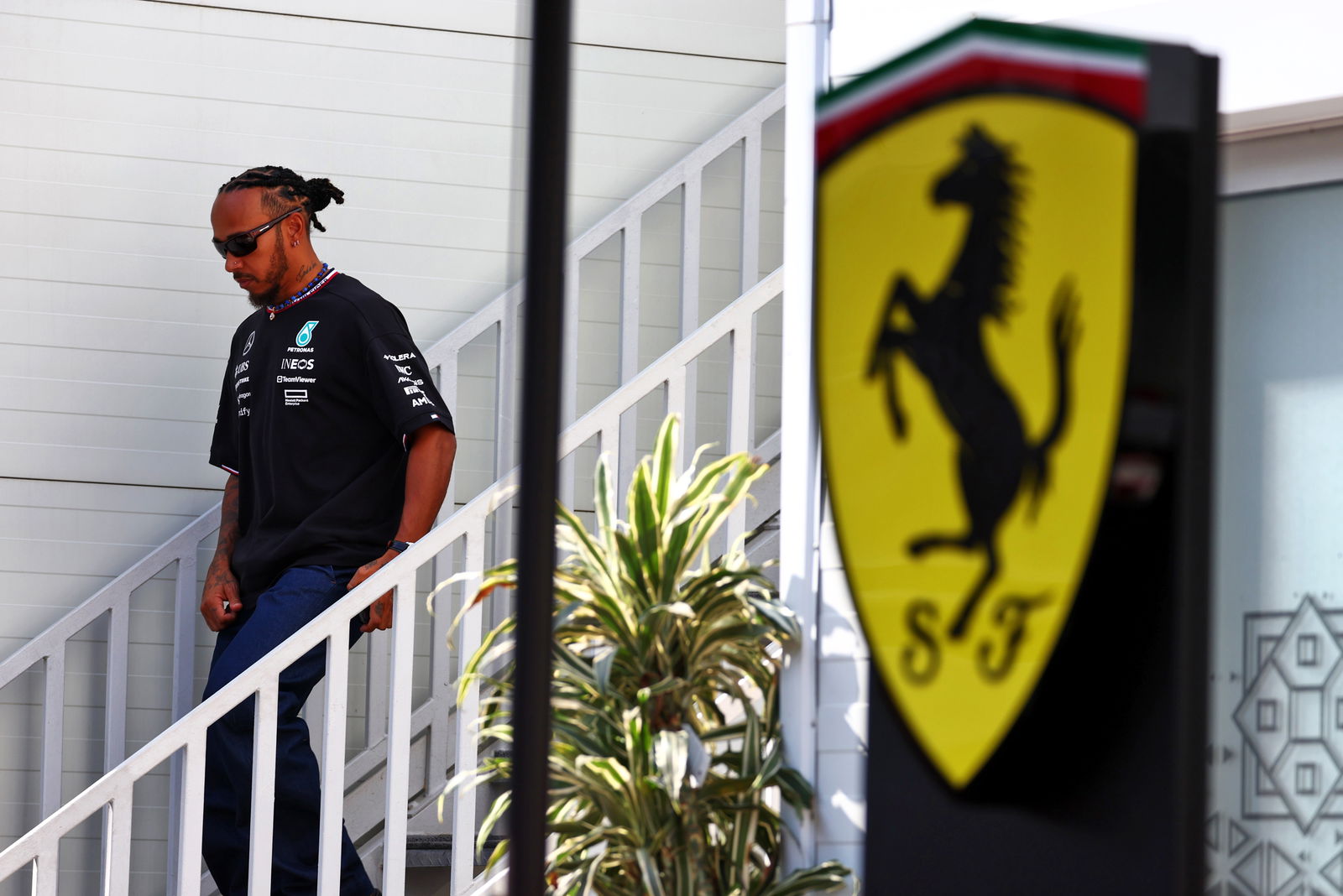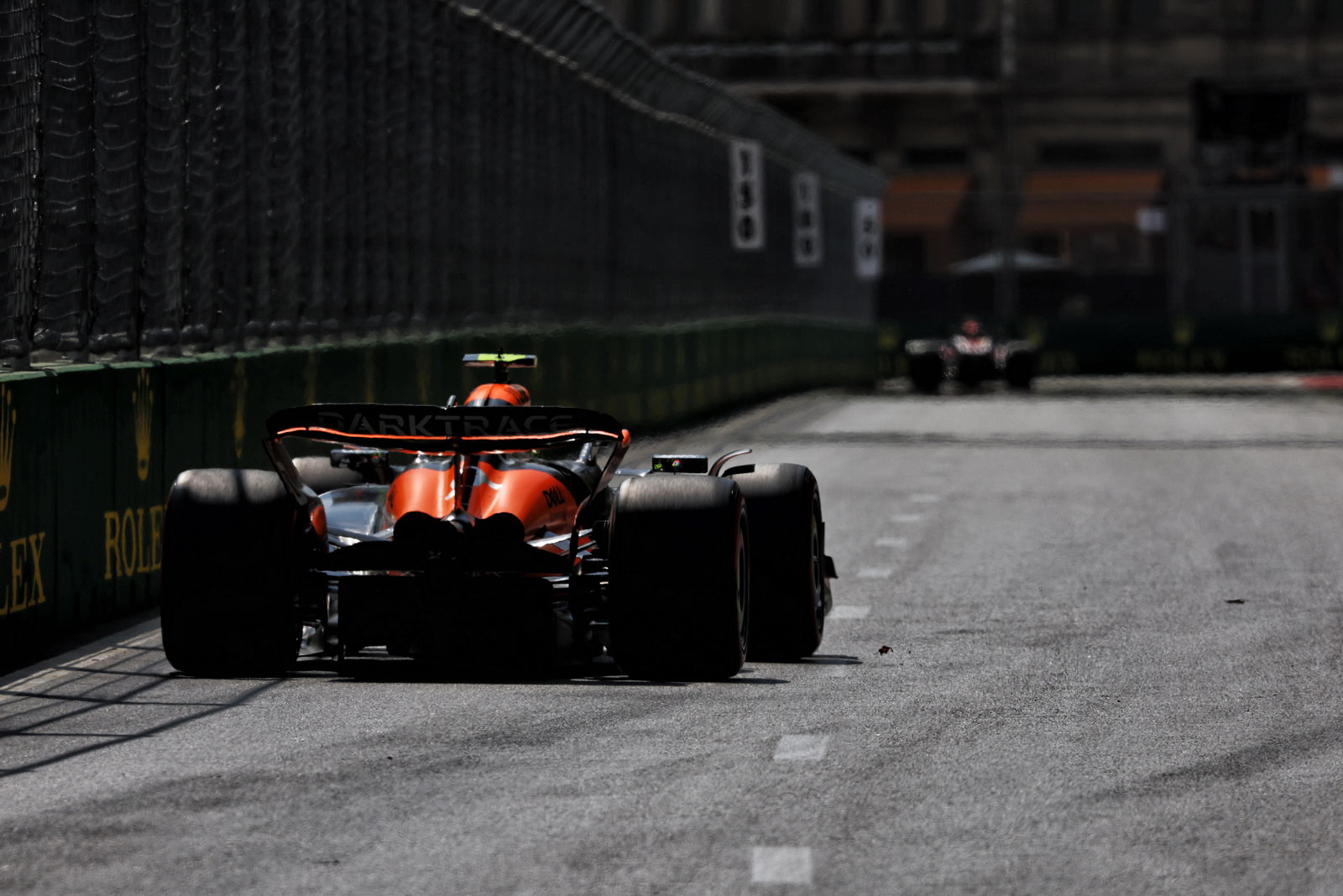What we know about F1 rookie sprint race - and how it would work
All the details we know about F1's proposed end-of-season rookie test day.

F1 teams have backed a proposal to stage a non-championship sprint race for rookie drivers at the end of the 2024 season.
The idea to stage a rookie-only race in Abu Dhabi after the conclusion of the campaign was tabled by Red Bull team principal Christian Horner during an F1 Commission meeting.
F1’s 10 teams normally run two cars in a post-season test two days after the Abu Dhabi Grand Prix. One car is used to gather tyre data for Pirelli, while the other provides a rare opportunity for young drivers associated with the teams to get more track time.
The plan is still in the early stages and is yet to be formalised, but the proposed event would likely take place in a single day and run to the same regulations as F1’s sprint race format.
"It's like all things in life, if you want it to happen you make it happen,” Horner told media including Crash.net in Baku. ”And there was a clear directive to say, 'Come on, let's get the job done for this year’.
"Obviously that puts pressure on the sporting working groups and the various team managers to work with the FIA to come up with a set of regulations.
"It's eminently doable, it doesn't need to be overcomplicated. It's just going to be a single car from each team rather than two cars and effectively you're just using the mileage in a different way as opposed to just performance during a test day.
"The event will take place all in one day, so a qualifying then the equivalent of a sprint race. It comes at the end of a long season but I think it'll be a great thing. It's a great opportunity for the young drivers and we're fully supportive of it.”

Teams have few opportunities to run junior drivers in their current cars due to F1’s heavy restrictions on testing. Horner believes the rookie sprint plan would be a perfect chance for teams to evaluate their rookies.
"The problem with some of the rookie tests is they all get used for testing, you never know are they running on 50kg, 70kg, 30kg of fuel, what engine mode are they going, you don't really know, you don't know how the opposition are doing,” Horner added.
"It's a fantastic opportunity. It comes at the end of a busy season but as opposed to just running round burning fuel and tyres, and only the teams that are running those drivers knowing whether they are doing a good job or not. To give potentially 10 rookies the opportunity of jumping in the current cars and having the equivalent of a sprint race, it's fantastic and I think it'll be a really popular event.”
Haas team principal Ayao Komatsu also supports the plan.
”If we don't do things like that you are just doing a tyre test, so I think it adds value to the day and makes it more exciting and another opportunity to put a young driver in the car," he said.
"These days, it's such a rare opportunity for young drivers to get in the current Formula 1 car, so I think it's really an interesting move.”

Sauber boss Alessandro Alunni Bravi said: "It is an additional opportunity to have more data and to assess not just the performance itself, also the mindset and the approach of the rookie driver.”
While Mercedes boss Toto Wolff admitted that the day would put additional strain on teams at the end of an already-demanding 24-race season, he sees value in the idea.
“It’s going to be a strain for the team because we have another day,” he said at the Italian Grand Prix. “But we are in the entertainment industry, and that’s the best idea so far that we have come up with to give them more driving time.”
Wolff added there was “no one in the room that didn’t support the idea because we all have the same objectives”.
Ferrari team principal Frederic Vasseur backed the proposal in Monza, stressing it would be useful to compliment the current mandatory rookie practice rules.
A new addition to the sporting regulations for 2022 stated that teams must use rookie drivers on at least two occasions during FP1 sessions through the year. But teams have to balance the risk of running rookie drivers during the season and tend to avoid high-risk venues.
“We will never give up the FP1 in Singapore, Monaco or Baku,” Vasseur explained. “It means that at the end of the day, we don’t have so many opportunities to give them the opportunity to test the car in the real condition and outside of the TPC system.”


